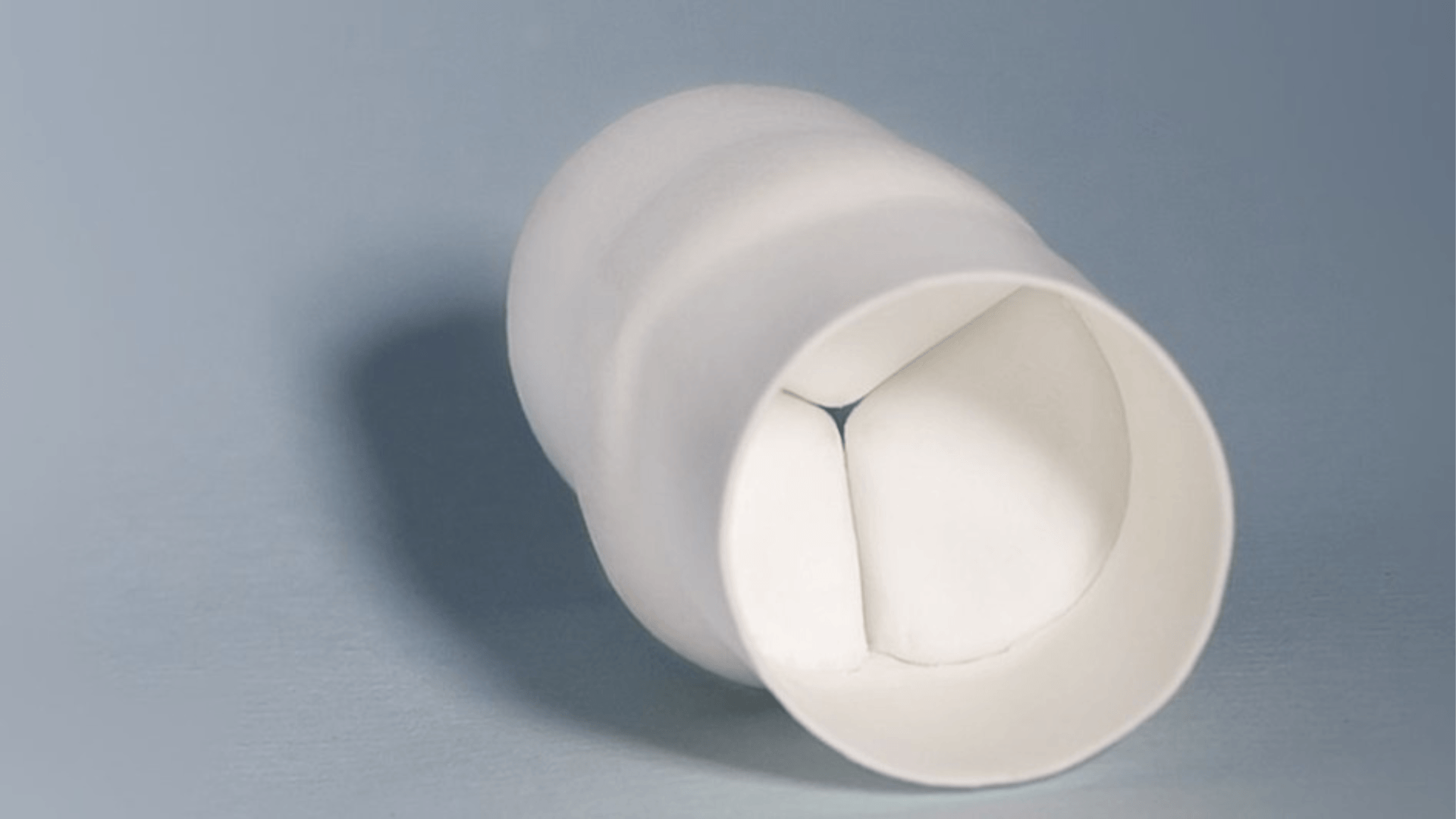The Netherlands-based clinical-stage medical device company Xeltis has raised €15 million in funding from China-based Grand Pharmaceutical Group. The deal will focus on the restorative hemodialysis access device from Xeltis called aXess and allow the startup to roll out additional novel hemodialysis products.
Grand Pharmaceutical will also have exclusive rights of development, production and commercialisation, as well as pre-emptive negotiation rights for Xeltis’ products developed in other indications in the Greater China region.
The medical device startup had earlier raised €45 million in a Series C round in 2017.
Founded in 2006, the company has developed a polymer-based restorative device for cardiovascular treatment. According to the startup, the devices are made of supramolecular polymers shaped, through a process called electrospinning, into a microstructure that allows tissue restoration.
The restorative devices comprise heart valves and small diameter blood vessels for coronary artery bypass graft (CABG) surgery and for hemodialysis vascular access. The company’s restorative heart valves will enable the patient’s own body to naturally form a new heart valve through a therapeutic approach called Endogenous Tissue Restoration (ETR).
Xeltis CEO Eliane Schutte said: “Grand Pharma’s commitment to invest in Xeltis brings global validation of our device’s commercial potential from one of the largest Chinese life sciences companies, from the country with the largest need of hemodialysis access globally. It confirms the strength of our technology platform and clinical evidence to date, and supports our goal of providing potentially more durable, transformative restorative devices for patients worldwide.”
Grand Pharmaceutical CEO Frank Zhou added: “Grand Pharma is building an interventional diagnosis and treatment platform for cardiovascular and cerebrovascular diseases in China. Xeltis’ aXess device would represent an excellent addition to the scope of our broad portfolio and is expected to bring significant clinical impact in China.”



Would you like to write the first comment?
Login to post comments